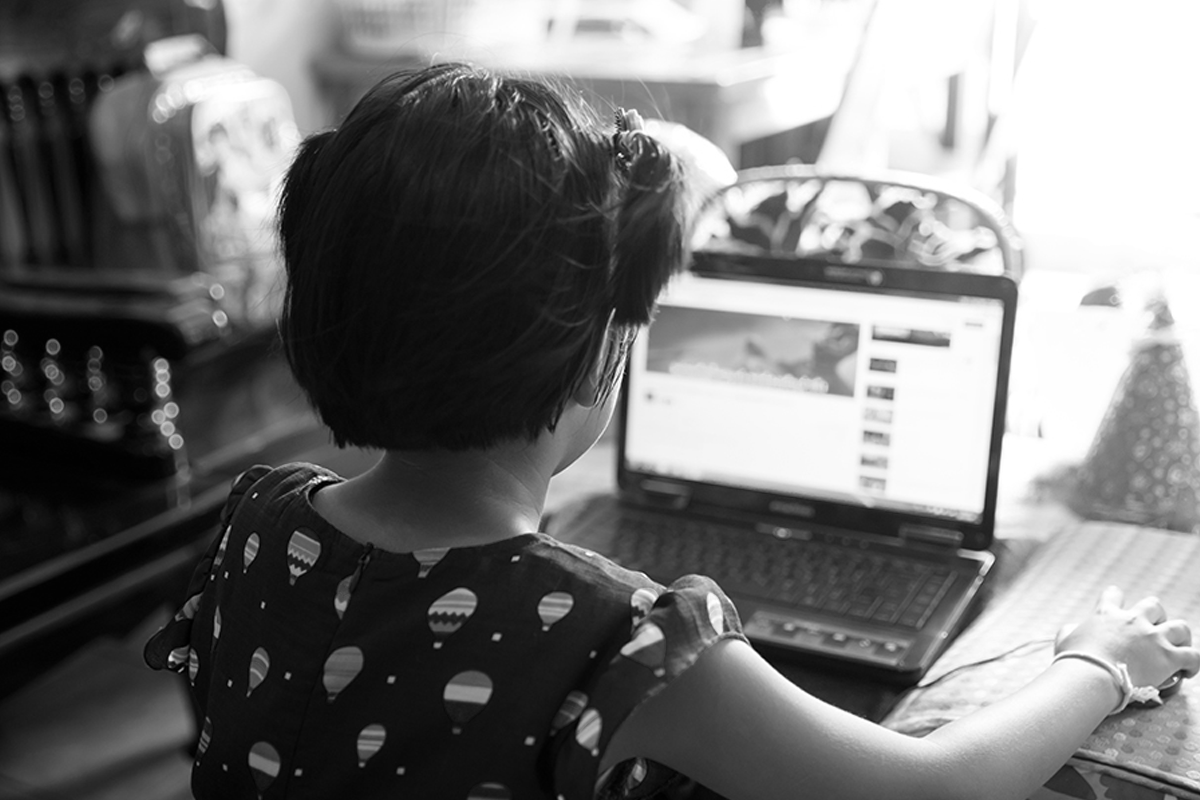After the COVID-19 pandemic physical classes moved to online classes. Most of the schools and colleges started taking classes using the virtual mode of teaching. While no one was ready to move to online mode, they were forced due to the pandemic. Various vulnerabilities were prevalent, after moving to online classes. Students as well teachers were not having enough knowledge about the cyber platforms used for online classes.
Different platforms like Zoom, Google Meet, Google Classroom, Skype, Microsoft Team, etc were used for online classes. The attackers started attacking these applications which increased the cyber threats for its users. After various cyberattacks, the platforms also updated their security mechanisms. As the whole world moved online it became easier for the cybercriminals to attack the users. Various cases of cybercrimes in the virtual classes were also reported.
Suggestions for parents and students
- The students should only use a secure device. The device should not be outdated and should be able to run the latest versions of the application. It is important to upgrade the hardware to run the latest software smoothly. Parents should not use very old devices.
- Children should avoid using the devices for online classes which are used by their parents or elders for work or any transactions. Using the same device for online classes will make sensitive data vulnerable to cyberattacks.
- The software installed in the devices used for online classes should be up to date. One should never use a pirated software and only use a legitimate software having support for regular updates.
- Software like anti-virus or firewall should be installed on the devices for security purposes.
- The students should not join the online classes with the admin account. There should be a separate account for going online and taking classes.
- Whenever the students enter any online service, he should ensure that all the security features are turned on. Subsequently, he can allow or disallow certain features as required.
- The virtual classroom should be entered with the camera and microphone OFF. The students should turn on the camera or microphone only if required.
- Strong passwords and two-factor authentication should be used to protect the account.
- The operating system used by the device should be up to date. Most of the time these updates include improved security.
- Browser used for accessing virtual classes should be chosen carefully. Browser used should be secure and all the privacy and security setting of the browser should be turned on.
- If an application is to be downloaded, it should only be downloaded from a legitimate store or authentic websites.
- If the students or parents receive any link on the email or social media, they must verify the link before clicking on them. These links may contain malware.
- Students and parents should share sensitive and confidential information only on trusted websites if required.
- One must ensure that the website is secure. Check for “https” protocols before entering any sensitive information or performing financial transactions.
- If any files are shared on cloud services, access to those files should be limited. The accesses should either be given by adding specific persons or using a password.
- While taking online classes students must avoid opening multiple tabs on the same browser. No websites related to finances should be opened in another tab while the class is on.
- The students should always log out the online classroom or application after the classes have ended. Parents should also ensure that their child has logged out successfully.
- The students should not open any emails or confidential websites when they are taking online classes.
- The device should be connected to a secure connection. Using public Wi-Fi should be avoided.
- Parents should always keep a check on their child when he is taking an online class that he is not exposed to any content which he should not come across.
Ending Notes
As the world has moved online it is necessary to educate the students as well as parents about the cyber world. Cybersecurity should be a compulsory subject for each student. Through education and awareness, society will be in a position to combat cyber threats. Parents should also educate themselves with accurate knowledge of the cyber world so that they can protect themselves and their children against cyber threats.




